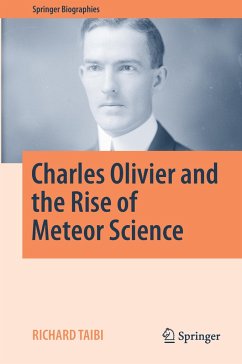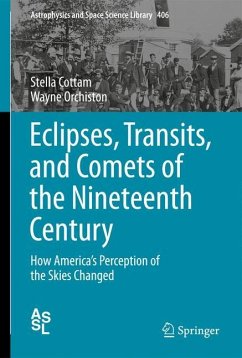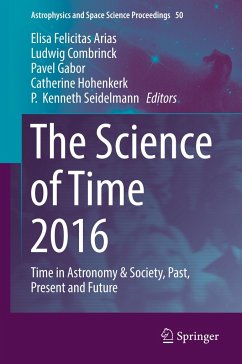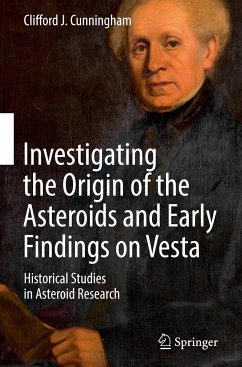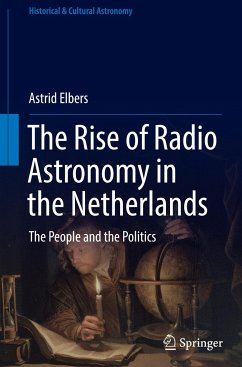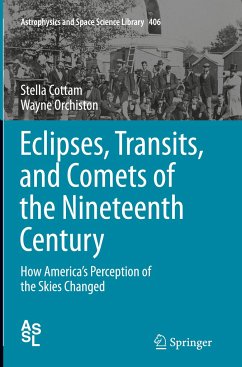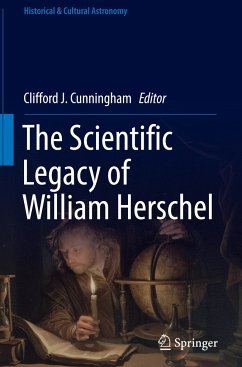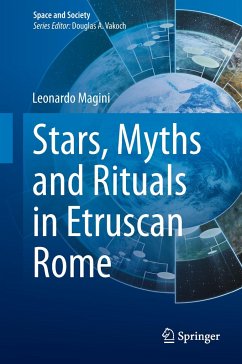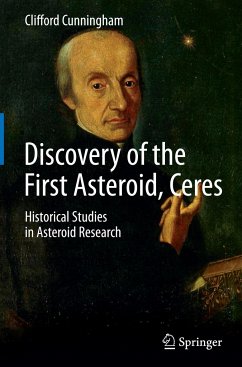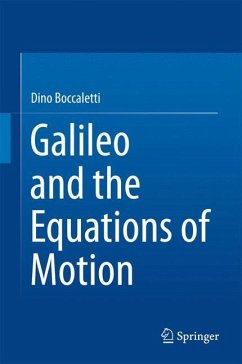
The Life Story of an Infrared Telescope
Versandkostenfrei!
Versandfertig in 6-10 Tagen
38,99 €
inkl. MwSt.
Weitere Ausgaben:

PAYBACK Punkte
19 °P sammeln!
Written by one of the astronomers who 'lived the dream' of working there this book is a restrospectively expanded diary featuring the 'birth and long life' of what was a truely innovative telescope. Based on input received from people involved in its planning, building, operation, and many scientists who observed with it, the author tells this success story of The United Kingdom Infrared Telescope (UKIRT). Conceived in the mid 1970's as a cheap and cheerful light-bucket for the newly emerging field of infrared astronomy it has re-invented itself once a decade to remain at the forefront of infr...
Written by one of the astronomers who 'lived the dream' of working there this book is a restrospectively expanded diary featuring the 'birth and long life' of what was a truely innovative telescope. Based on input received from people involved in its planning, building, operation, and many scientists who observed with it, the author tells this success story of The United Kingdom Infrared Telescope (UKIRT). Conceived in the mid 1970's as a cheap and cheerful light-bucket for the newly emerging field of infrared astronomy it has re-invented itself once a decade to remain at the forefront of infrared astronomy for more than 30 years. Even in 2012 / 2013, when ironically it faced almost certain closure, it remained one of the most scientifically productive telescopes in the world.
Everybody, including amateur and professional astronomers, interested in real astronomy projects will enjoy reading that story and meet (again) the persons who lived it.
Everybody, including amateur and professional astronomers, interested in real astronomy projects will enjoy reading that story and meet (again) the persons who lived it.



